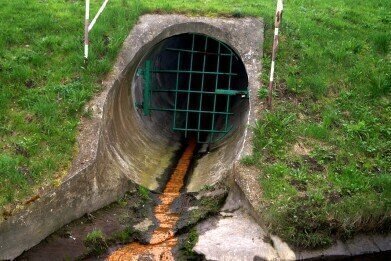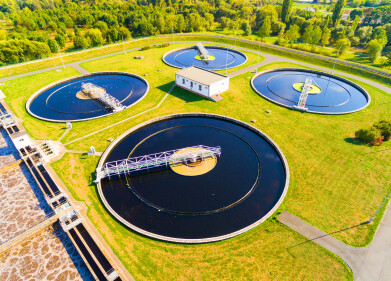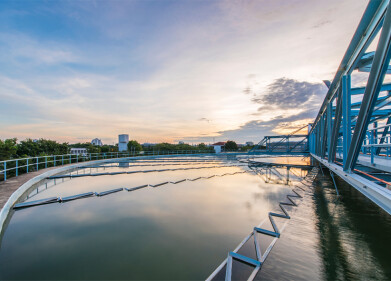Water/Wastewater
UK Water Firms Discharge Sewage into Rivers
Jul 19 2020
English water companies were responsible for the discharge of raw sewage into rivers and streams on more than 200,000 occasions in 2019, according to an exposé conducted by the Guardian newspaper. Cumulatively, those discharges amounted to 1.5 million hours in which untreated human waste was allowed to infiltrate England’s waterways, having potentially deadly impacts upon the marine life living there and compromising its quality for swimmers and bathers.
The report was compiled after several environmental information requests and paint a detailed picture of where, how often and for how long individual parts of the country were being polluted. Among others, major UK rivers like the Thames, the Avon and the Severn were contaminated by the incidents.
Damning statistics
The data gathered by the Guardian reveals that untreated sewage was released into UK rivers at 6,508 locations on 204,134 occasions last year. That amounts to a total of 1.53 million hours of sewage discharge from nine English water companies. Given that there are only 8,760 hours in a year, it means that untreated sewage was finding its way into English rivers at more than 174 locations around the clock for the entirety of 2019.
The wastewater emanating from these sources contains a deeply polluted mix of toxins and chemicals and can even indicate the prevalence of diseases such as COVID-19. Indeed, one recent study found that levels of the harmful bacteria e-coli were up to 10,000 times higher than the concentrations found in treated wastewater.
Exploiting a loophole
Discharging untreated wastewater from a combined sewer overflow (CSO) is illegal in the UK – unless in special circumstances. When the country suffers from heavy flooding or torrential rain, water companies are allowed to release rainwater, agricultural runoff and untreated waste into waterways in order to prevent water backing up in drains and flooding residential homes.
However, this is permitted a maximum of 60 times per company per year, after which an independent review by the Environment Agency (EA) should be triggered. According to the findings of the Guardian, many companies across England were guilty of discharging the wastewater well over 100 times, indicating that it was not merely taking place in the “exceptional circumstances” that the EA permits.
Greater regulation needed
Water companies were given advance warning that they must install monitoring equipment on the majority of their CSOs by March of this year. Despite the fact that novel methods of monitoring the wastewater network are now plentifully found, it was discovered that around 3,400 of the 10,000 inland CSOs in England did not yet have the technology in place.
“English rivers, even the Thames and the Severn, are relatively small, so the contribution of CSOs to many of our rivers can be extremely significant,” explains Dr Andrew Singer, an expert on the subject. “Rivers are much more likely to be impacted now by CSOs because of the increase in population density and the fact that the sewage system has not expanded to meet it.”
Digital Edition
IET 34.2 March 2024
April 2024
Gas Detection - Biogas batch fermentation system for laboratory use with automatic gas analysis in real time Water/Wastewater - Upcycling sensors for sustainable nature management - Prist...
View all digital editions
Events
Apr 22 2024 Hannover, Germany
Apr 22 2024 Marrakech, Morroco
Apr 23 2024 Kuala Lumpur, Malaysia
Apr 23 2024 Kintex, South Korea
Apr 23 2024 Edmonton, AB, Canada


















